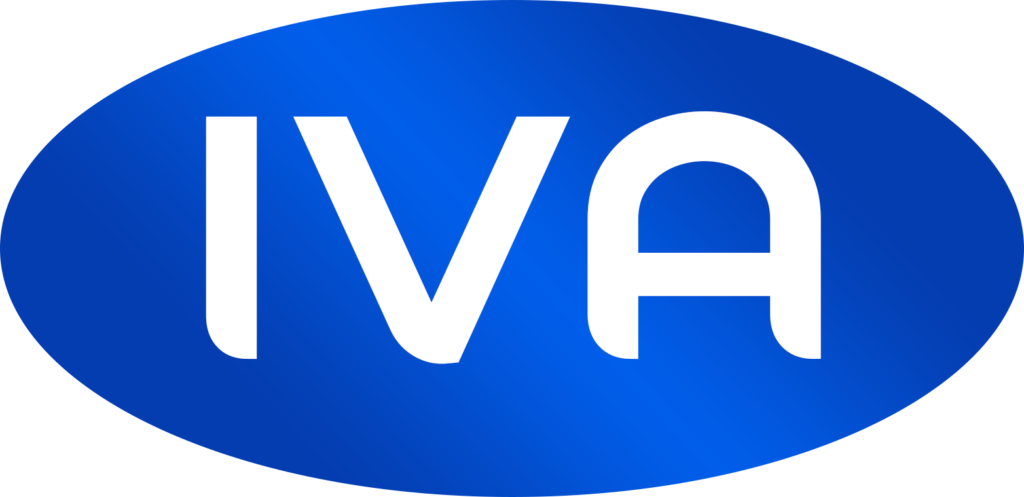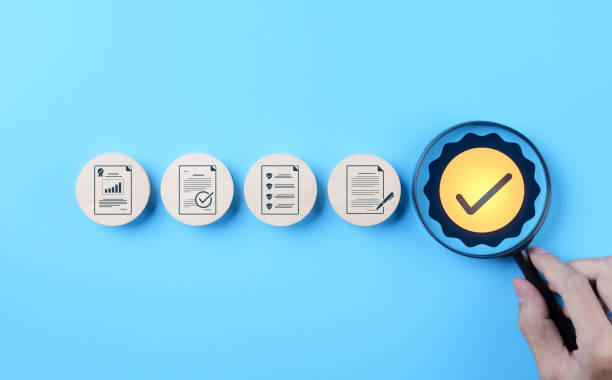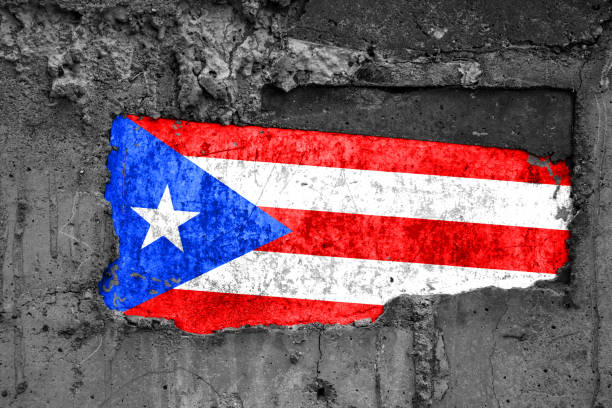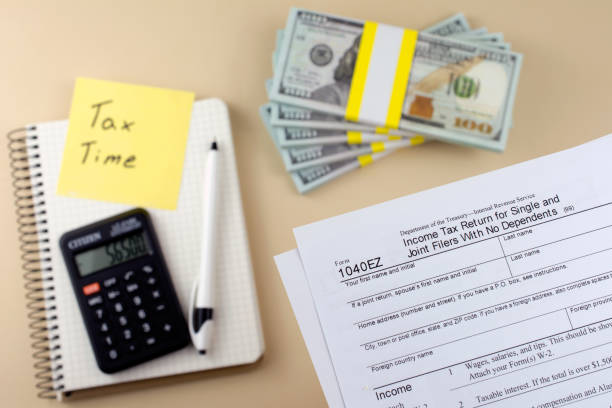Impact of IVAs on Business Owners: What To Know
For entrepreneurs and business owners, dealing with debt can be particularly challenging, especially when balancing the demands of running a business with personal financial obligations. An Individual Voluntary Arrangement (IVA) could be a potential solution, but it’s important to fully understand its impact on both your personal and business finances.
In this blog, we’ll explore how an IVA affects business owners, what entrepreneurs need to consider, and how to navigate this process successfully.
What is an IVA and How Does It Work?
An Individual Voluntary Arrangement (IVA) is a formal, legally binding agreement between you and your creditors to pay back a portion of your debt over a fixed period, typically five to six years. Once the agreement is complete, any remaining eligible debt is written off.
For business owners, an IVA can be a powerful tool for managing personal debt while allowing the business to continue running. The key difference between an IVA and bankruptcy is that, with an IVA, you can often retain more control over your personal assets and avoid having to liquidate your business.
How IVAs Affect Business Owners
As a business owner, you may wonder how an IVA will affect your business. Here are some key considerations:
- Impact on Personal Credit: While an IVA is a personal agreement to settle your debt, it will have an impact on your personal credit score, which could make obtaining future credit more difficult. However, it does not affect the business’s credit rating unless you’ve personally guaranteed any of the business’s debt.
- Asset Protection: With an IVA, you can usually retain assets such as your home and car, unlike bankruptcy, which may require you to sell these assets to pay creditors. For business owners, this means you can maintain ownership of your business, though the specifics will depend on your personal and business finances.
- Impact on Your Business Operations: An IVA can offer some breathing room by allowing you to manage personal debt while still running your business. However, you must be careful not to mix personal and business finances. Your insolvency practitioner (IP) will help ensure that you understand the boundaries between your personal debts and your business obligations.
- Ongoing Obligations to Your Creditors: During the term of your IVA, you will continue to make agreed monthly payments. These payments are made to your insolvency practitioner, who will then distribute the funds to your creditors. The business should continue to operate as usual, but any personal debt obligations must be met as agreed.
Key Considerations for Business Owners
- Business Liabilities: If your business has substantial debt, it may be tempting to include this in your IVA, but IVAs are only for personal debt. Business debt usually requires a separate process, such as a company voluntary arrangement (CVA) or bankruptcy. Consult your Insolvency Practitioner for guidance on how to handle business-related financial obligations.
- Secured vs Unsecured Debt: An IVA generally only covers unsecured debt like credit cards, personal loans, and utility bills. It does not cover secured debt, such as business loans or mortgages. If your business has secured debts, these will need to be addressed separately.
- Impact on Partnerships or Shareholders: If you operate a business as a partnership, all partners must agree to the IVA. The IVA will only cover the personal debt of the individual who enters into the arrangement. Shareholders in a limited company may be impacted if they have personally guaranteed business debts, as these would be part of the IVA.
- Maintaining Business Continuity: An IVA is designed to provide financial relief and prevent further creditor action, which can be vital for entrepreneurs trying to keep their business afloat during financial difficulties. While your creditors cannot pursue you during the IVA, you must continue to run your business in a way that ensures financial stability moving forward.
How an Insolvency Practitioner Can Help
Navigating the IVA process as a business owner can be complex, which is why working with an experienced Insolvency Practitioner (IP) is crucial. An IP will help you:
- Assess your eligibility for an IVA and determine if it’s the right option for you.
- Guide you through the process and explain the legal requirements and responsibilities.
- Negotiate with your creditors to ensure the best possible repayment plan.
- Ensure that both your personal and business finances are correctly handled throughout the process.
Alternatives to an IVA for Business Owners
While an IVA can be a good solution for many business owners, it’s not the only option. If your business is struggling with debt, you may also want to consider alternatives such as:
- Bankruptcy: A more drastic option that involves liquidating assets to pay off debt.
- Company Voluntary Arrangement (CVA): A similar concept to an IVA but specifically for businesses.
- Debt Management Plans (DMPs): A simpler, informal agreement with creditors to pay off debt over time.
Conclusion: Is an IVA Right for You?
As a business owner, you may face financial difficulties due to personal debt, but an Individual Voluntary Arrangement (IVA) could be the solution you need to regain control of your finances. The process will impact your personal credit score, but it can also help protect your business, allowing you to continue working while managing your debt.
If you are considering an IVA, we recommend consulting with an experienced Insolvency Practitioner to discuss your options and ensure that you choose the best path forward for both you and your business.
Take the first step toward financial recovery. Contact us today for a consultation and learn how an IVA can help you manage your debt.
#IVADebtSolution #BusinessOwnerDebt #EntrepreneurHelp #DebtRelief #BankruptcyAlternatives #UKCitizens #InsolvencyPractitioner #FinancialRecovery #DebtFreeFuture #BusinessFinance







